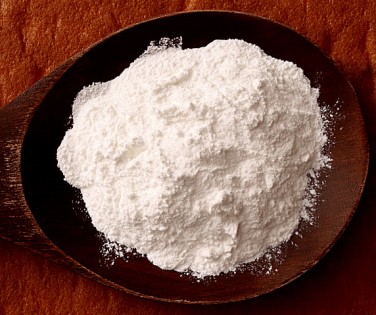See all full list on instructables. Mouthwash is an amazing germ killer, usually associated with cleaning your mouth, but it can be used to clean and disinfect many things in your home too! Check out these Ways to Use Mouthwash to Clean Your Home and more…you are going to love these cleaning tricks! Make your mouthwash work a little harder. You may not realize this but it is useful for quite a few jobs around the house and leaves a lovely scent behind too!
This depends on the specific mouthwash you’re talking about. Depending on the exact components that it has, it might be better for specific things while being a little weaker for some others. For example, a mouthwash relying on alcohol might be better with bacteria than with germs. Incredible Trick to Clean Your Washing Machine Using Mouthwash.
Have you always wanted to make your clothes look and feel even cleaner? Many people will invest in all types of heavy duty products to get the that they want, but few realize that one of the best items they can use for their laundry can be found right at home. The mouthwash helps to clean and disinfect the machine. Remember, mouthwash was first used as a surgical antiseptic before people figured out its mouth-washing properties. Apply some mouthwash to your boo-boo, dry, and dress it.
For a flower piece, I rinse with hot water, use a stopper and keck clip on the joint and fill with grunge off. I soak over night or at least a few hours and then rinse out, again, final rinse in distilled. Yes, mouthwash is a great way to combat plaque and bad breath, but it can do so much more. In fact, according to the Centers for Disease Control, Limited research has suggested that. To extend the life of your bouquet, use pruning shears to remove at least an inch from the stems.
Add tablespoon of mouthwash to clean water, then add your flowers. Only use a mouthwash to clean your retainers if you have verified that the mouthwash is non-alcoholic, since alcohol can damage the retainer acrylic. Suddenly mouthwash doesn’t seem like such a frivolous product.

Now, please don’t get the wrong idea about my oral health. It’s not like my breath smells of rotten onions. My breath is pleasant and my teeth are clean. Let’s speed this up a bit).
Making a Salt Water Mouth Rinse. Rinse your mouth every two to three hours for the first few days after surgery, then use it three to four times a day thereafter. You don’t need specific cleaners or even bleach to get a clean , stink-free bowl.
Pour a little Listerine into the bowl and use the toilet brush to scrub away stains, odors, and dinginess. Just like your teeth, mouthwash makes your toilet bowl sparkling and white! Hydrogen peroxide rinse is a mild antiseptic used in the mouth to help relieve minor mouth irritation.
The release of oxygen causes foaming, which helps to remove mucus and clean the area. Disinfect a cut: When you need to clean out a small cut or woun use an alcohol-based mouthwash to disinfect your skin. Rinse off the floss if you loosen or remove any chunks of food or plaque with the floss, to avoid spreading germs to different teeth. Avoid applying too much pressure with the floss.
Brushing, flossing, and dental cleaning will always remain the leaders in teeth and gum related diseases. Having said that, rinsing is widely recognized as an adjunctive treatment by the dental society of America. Caution, if you apply right after shaving, it will sting when applied.
The natural odor fighters in the rinse will instantly neutralize garlic’s sulfur. You know that stinging, eye-watering misery caused by so many. It has been around for a long time.
Originally it was created as a surgical antiseptic.
No comments:
Post a Comment
Note: Only a member of this blog may post a comment.